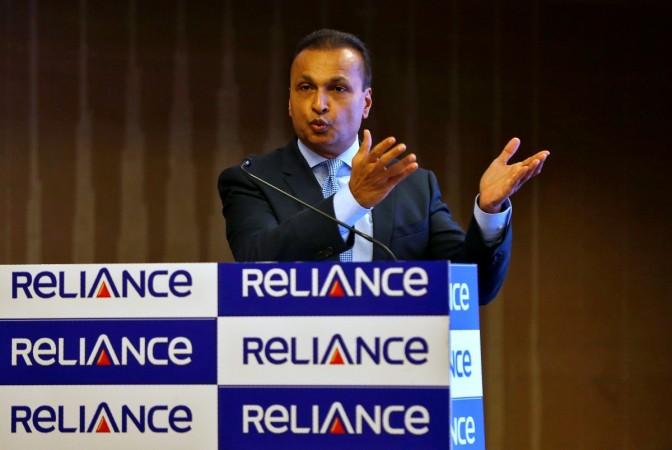
Anil Ambani group controlled, Reliance Communications(RCom) has filed for insolvency proceedings through the National Company Law Tribunal (NCLT).
On Friday, February 1, the beleaguered company went ahead with the decision after it failed to sell assets for paying back its lenders. Notably, Rcom is reeling under a debt of worth Rs 45,000 crore. In a statement, the company informed that "RCom board of directors decides upon implementation of debt resolution plans through NCLT framework."
The development has come a month after the proposed asset sale to his brother Mukesh Ambani led Reliance Jio failed to get a nod from the Department of Telecommunications. Now with RCom filing for insolvency, the company has become the latest telecom player after Aircel to do so.
Interestingly, RCom offered to merge with Aircel but decided against the deal due to legal and regulatory uncertainties, as well as the intervention of vested interests to derail the deal.
Reliance Communications, which is one of India's oldest telecom firms, along with its units Reliance Telecom Ltd. and Reliance Infratel Ltd. will now file an insolvency application at the Mumbai bench of National Company Law Tribunal (NCLT).

Company's board of directors reviewed the progress of its debt resolution plans; the strategic debt resolution progress was invoked on June 2, 2017. The board highlighted that despite numerous efforts made by the company in the last 18 months, lenders have not received any re-payment from the proposed monetisation plans. Furthermore, the overall debt resolution process also did not make any considerable gains.
Earlier, RCom had devised a plan to sell assets worth Rs 25,000 crore and utilize the funds for clearing debt of around 40 lenders. RCom was expected to raise Rs 975 crore from sale of spectrum to RJio. With this money, it had planned to clear dues of worth Rs 550 crore to Ericsson and Rs 230 crore to settle dues of minority stakeholder Reliance Infratel. But in a setback to the company, RJio pulled out of taking any past liability of the cash strapped company.









